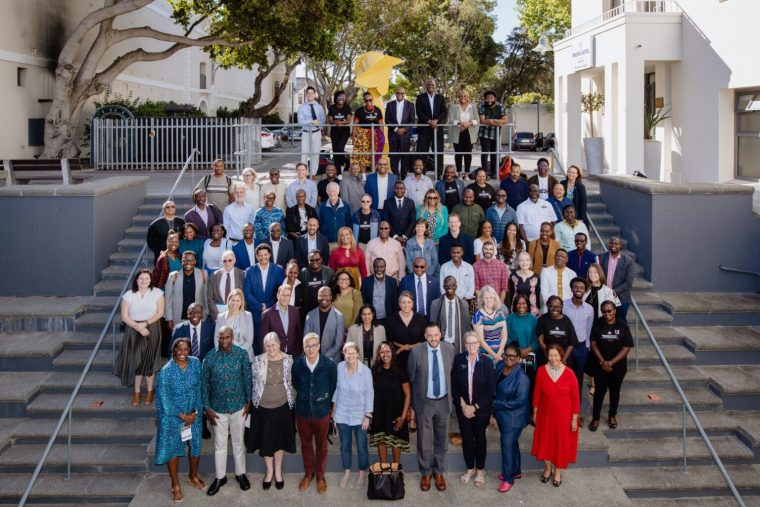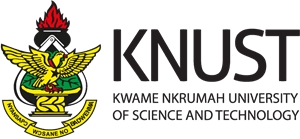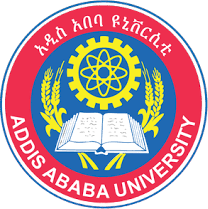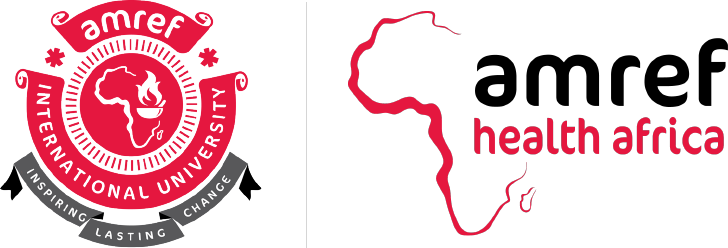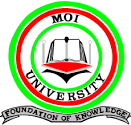The goals of the Executive Steering Committee are to:
- Ensure that implementation of the grant is aligned with strategy and desired outcomes, guided by the partnership principles
- Provide advice and recommendations with respect to program implementation
- Identify new opportunities for investment that align with the overall strategy, as well as advise on proposed changes to programs
- Provide guidance on the development of the overall network and approve new network members
- Provide oversight of the gift by:
- Reviewing the annual activity report for the overall grant, the annual budget and the annual reports from the Advisory Subcommittees
- Guiding the development of and reviewing Impact Assessments conducted over the course of the grant
How the Partners and Executive Steering Committee work together
The Executive Steering Committee membership has strong representation from, and gives voice to, African partner universities, the Mastercard Foundation, and senior faculty and staff who are supporting the implementation of this grant. Members meet virtually a minimum of two times per year, with additional meetings scheduled when needed. Learn more about the standing members.
- Chaired by the Vice-Chancellor of the African Leadership University
- Chair, President’s Advisory Council on Engagement with Africa, U of T
- Dean, Temerty Faculty of Medicine, U of T
- Dean, Dalla Lana School of Public Health, U of T
- Assistant Vice President International (ex officio)
- Vice-President, Advancement (ex officio)
- Senior Director, International Relations, Africa (ex officio)
- Representatives from the Mastercard Foundation (a maximum of two)
- A senior leader from each of the seven African partner universities
- A senior leader from the entrepreneurship community employed at U of T or one of the seven African partner universities
- A senior leader from a U of T division participating in the Ecosystems Pillar
- An alumnus of U of T/MCF programming
The Executive Steering Committee will be established in accordance with the Provost’s Statement on the Role of Advisory Bodies.
Meet our Executive Steering Committee
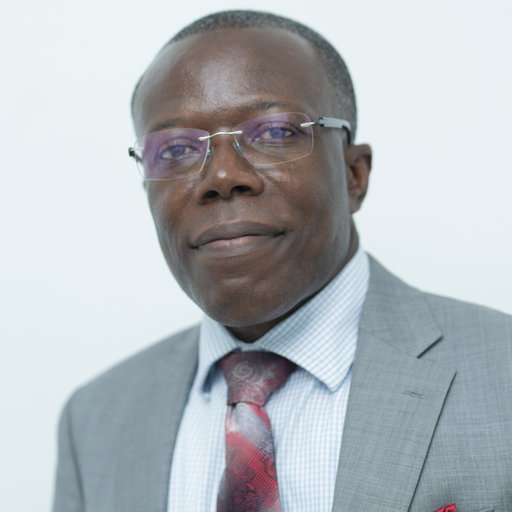
Pro Vice-Chancellor, Office of the Vice-Chancellor
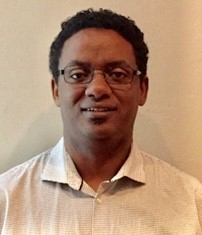
Associate Professor, Addis Ababa University Consultant Psychiatrist, Tikur Anbessa Hospital Associate professor, Addis Ababa University, Co-chair and Director, Toronto Addis Ababa Academic Collaboration-TAAAC National Lead, African Health Observatory Platform- Ethiopia National Centre
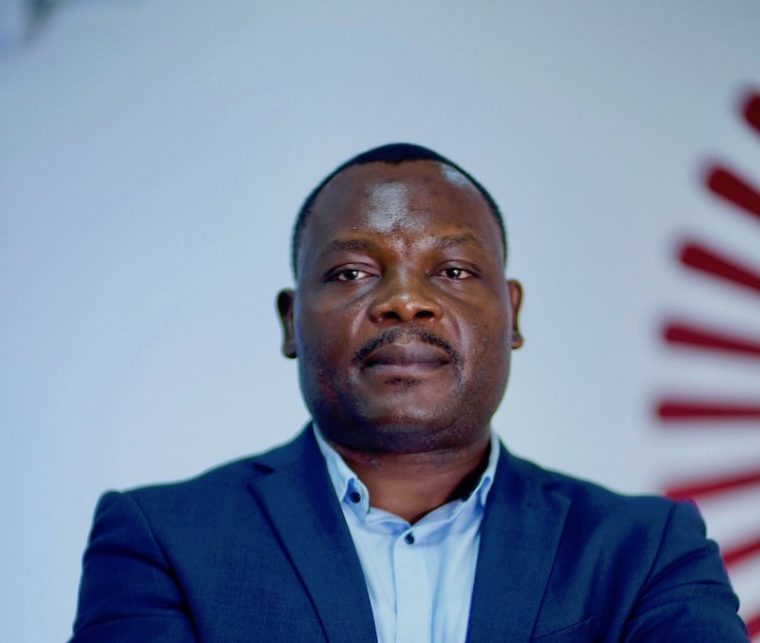
Professor, Theoretical Biology and Chief Scientific Officer at AIMS
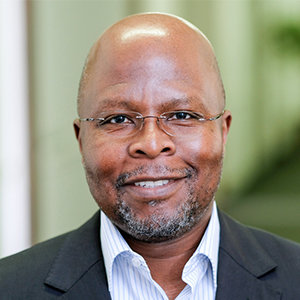
Vice – Chancellor of Africa Leadership University

Vice Chancellor, Amref International University
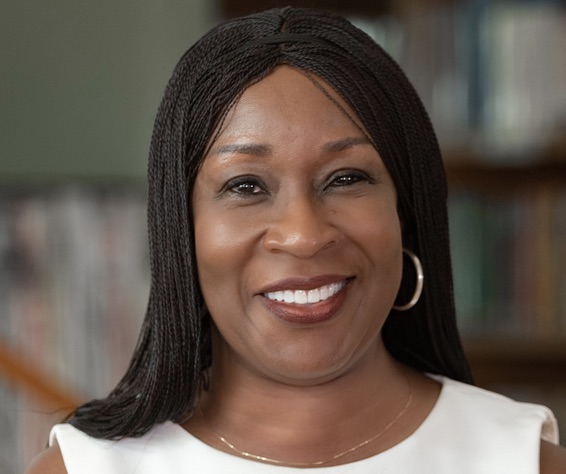
Provost (Chief Academic Officer/Pro Vice Chancellor) at Ashesi University
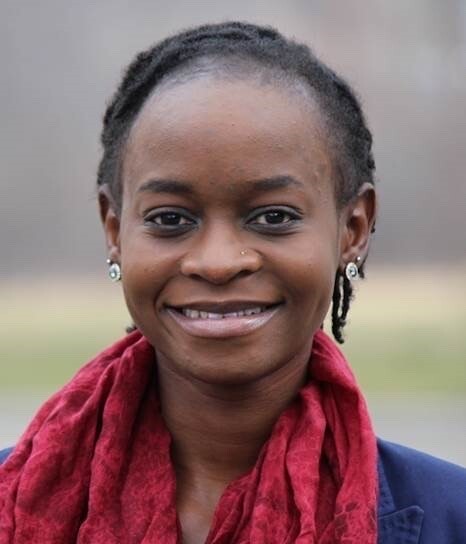
Interim Director of Special Programs Collaboratives
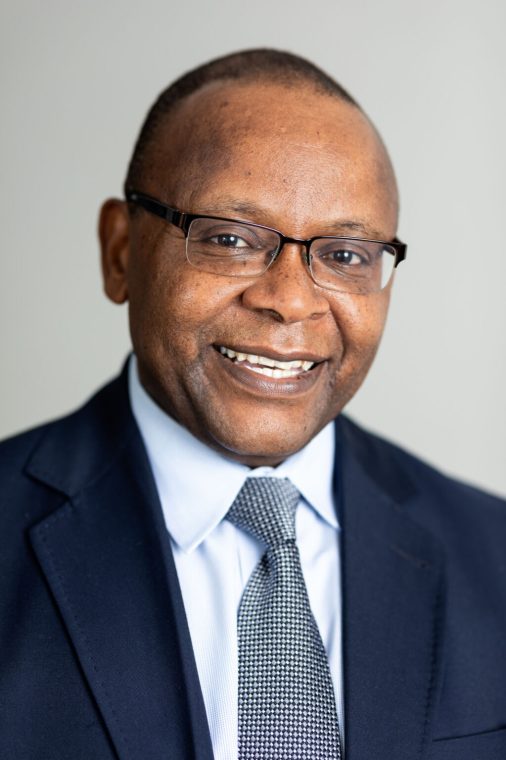
Chief Program Officer
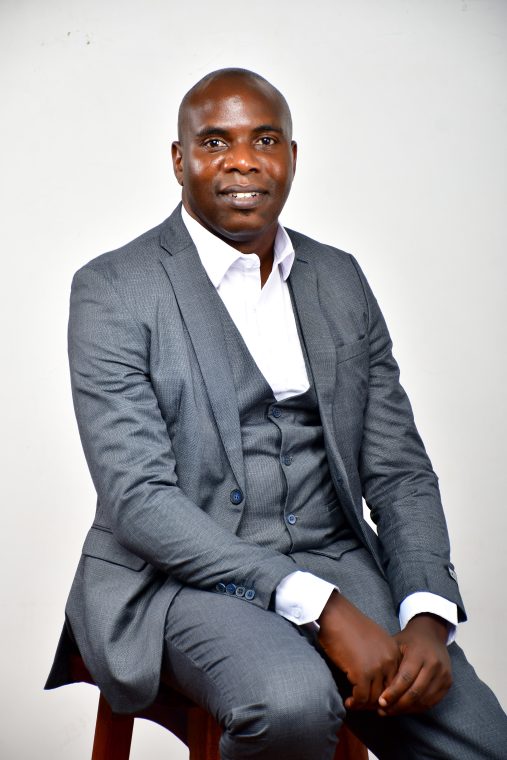
Dean, School of Public Health
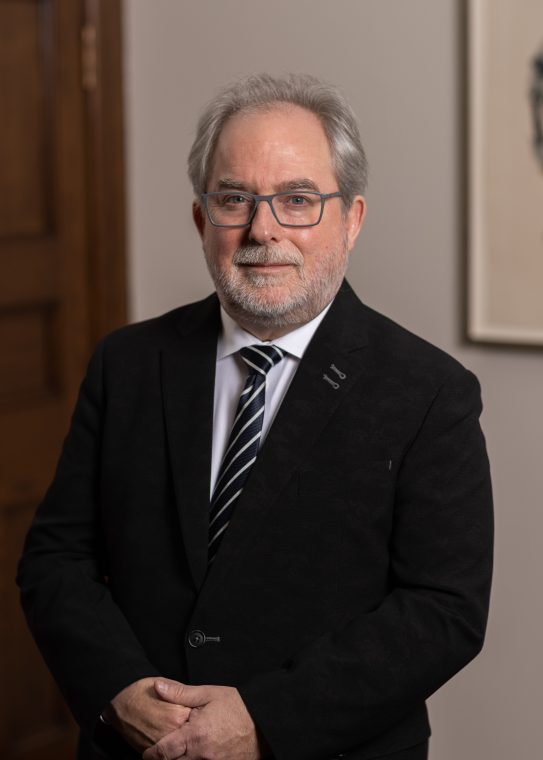
Vice President, Advancement
Ex Officio
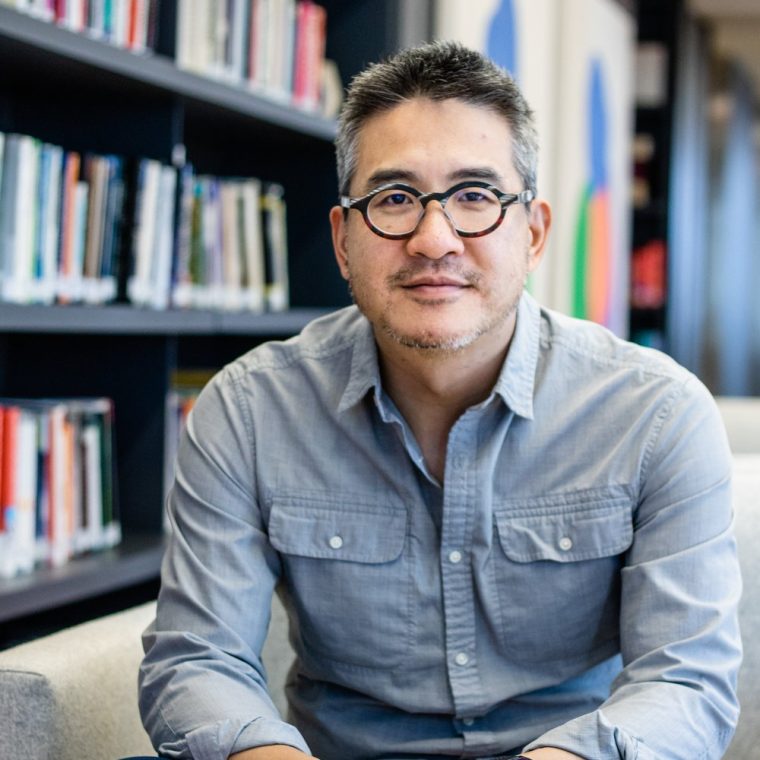
Vice President, International
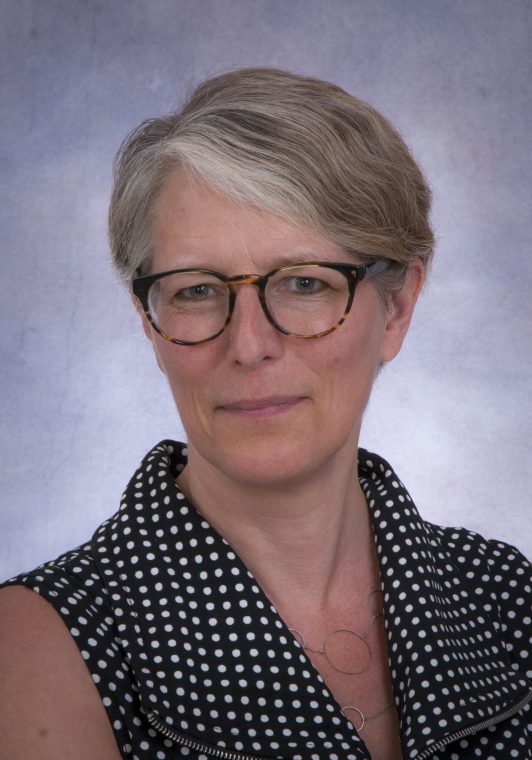
Assistant Vice-President, International Engagement & Impact
Ex Officio
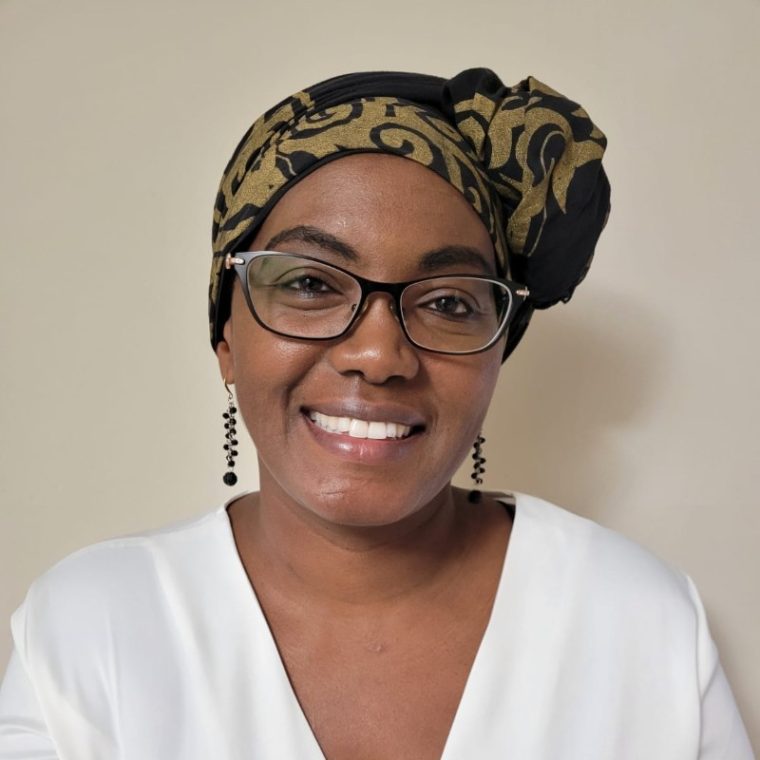
Senior Director, International Relations, Africa
Ex Officio
Contact Us
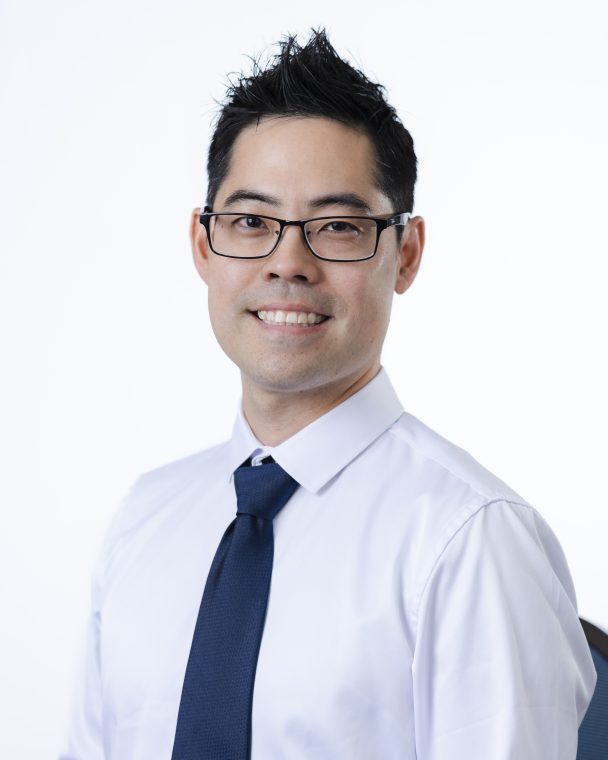
Senior Regional Lead (Health Ecosystem)
